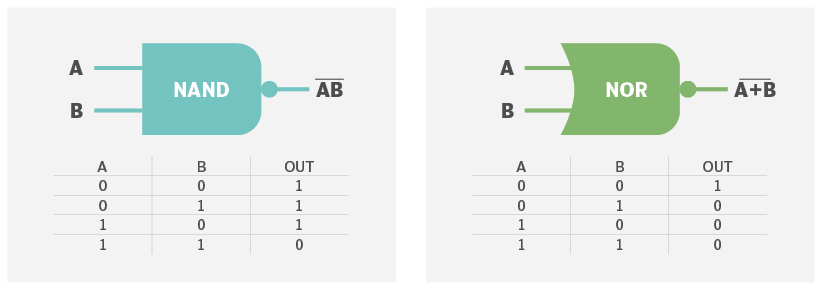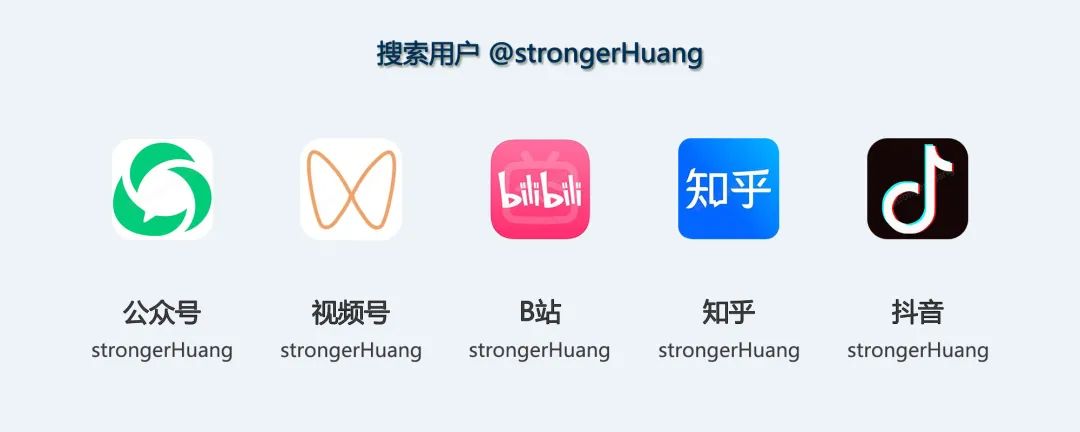Follow+Star Public Account, don’t miss out on exciting content
NAND Flash and NOR Flash are two common types of flash memory.
NOR Flash was first developed by Intel in 1988, changing the previous dominance of EPROM and EEPROM.
NAND Flash was released by Toshiba in 1989, emphasizing lower cost per bit and higher performance, and can be easily upgraded through interfaces like a disk.

Figure: NAND=NOT AND( NAND Gate), NOR=NOT OR( NOR Gate)
Both are non-volatile memory that can retain stored data after power loss.
Both can be erased and reprogrammed.
Both require erasure before writing; erasure sets all bits to 1, while write operations can only change 1s to 0s.
NOR Flash and NAND Flash each have their advantages and application scenarios, and designers can choose based on product requirements. The main differences are as follows:
NOR Flash has a universal SRAM interface, making it easy to connect to the CPU’s address and data buses, with low interface requirements for the CPU.
NAND Flash uses complex I/O ports for serial data access.
NOR Flash has a smaller capacity and higher price.
NAND Flash has a simpler production process, larger capacity, and lower price.
NAND Flash has bad blocks that are randomly distributed, requiring initialization scanning of the medium to discover and mark bad blocks as unusable.
NOR Flash generally has no bad block issues.
NAND Flash has a maximum erase-write cycle of 100,000 times per block.
NOR Flash has an erase-write cycle of 1,000,000 times.
⏩ Read and Write Performance
NOR Flash has a faster read speed than NAND Flash.
NAND Flash has much faster write and erase speeds compared to NOR Flash.
In summary, NOR’s advantage lies in random read and erase lifespan, making it suitable for storing code and critical data; NAND’s advantage lies in cost per bit, allowing for larger capacities at the same price.
Disclaimer: This article’s material comes from the internet, and copyrights belong to the original authors. If there are copyright issues, please contact me for removal.
———— END ————

● Column “Embedded Tools”
● Column “Embedded Development”
● Column “Keil Tutorial”
● Selected Tutorials from Embedded Column
Follow the public account and reply “Add Group” to join the technical exchange group according to the rules, reply “1024” to see more content.

Click “Read Original” to see more shares.




